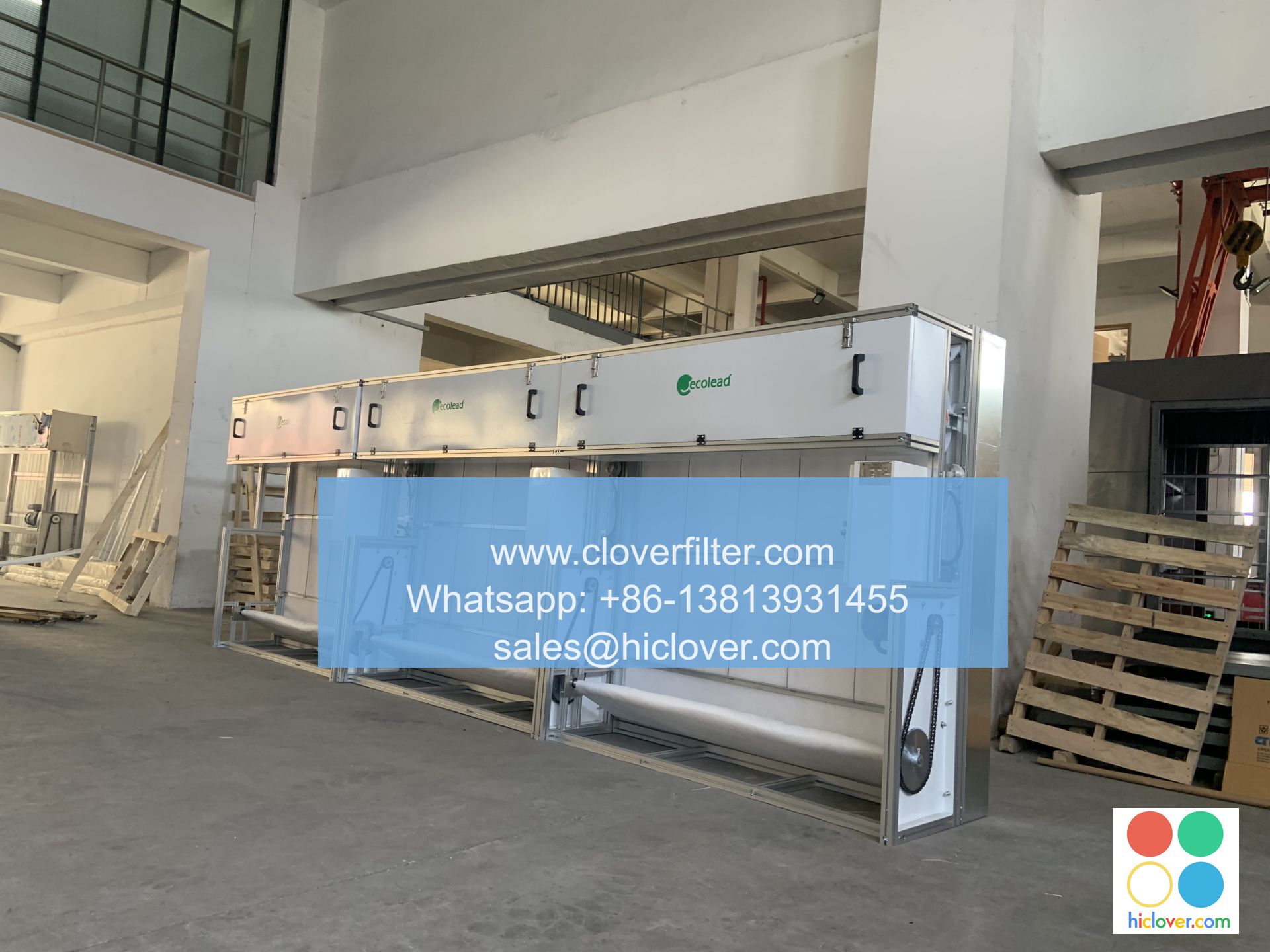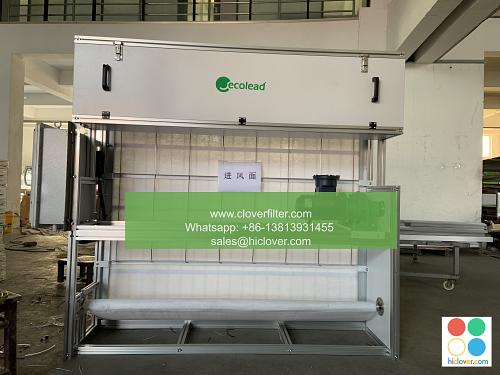The Business Benefits of Air Filter Certifications

Air filter certifications are a crucial aspect of maintaining high-quality indoor air quality, and they also offer numerous business benefits. In this article, we will explore the advantages of obtaining air filter certifications, highlighting various application areas such as industrial air filtration, commercial HVAC systems, and residential air purification.
What are Air Filter Certifications?
Air filter certifications are third-party validations that verify the performance and efficiency of air filters. These certifications are issued by reputable organizations, such as the Association of Air Pollution Control Agencies (AAPCA) and the American Society of Heating, Refrigerating, and Air-Conditioning Engineers (ASHRAE). Certifications like MERV rating (Minimum Efficiency Reporting Value) and HEPA filter certification (High Efficiency Particulate Air) are widely recognized and respected in the industry.
Business Benefits of Air Filter Certifications
Obtaining air filter certifications can have a significant impact on a business’s bottom line. Some of the key benefits include:
- Increased Customer Trust: By displaying air filter certifications, businesses can demonstrate their commitment to providing high-quality products and services, thereby building customer trust and enhancing reputation.
- Improved Indoor Air Quality: Certified air filters can effectively remove airborne pollutants, such as particulate matter, gases, and microorganisms, creating a healthier and more productive environment for occupants.
- Energy Efficiency: Certified air filters can help reduce energy consumption by minimizing pressure drop and maximizing airflow, leading to lower utility bills and a reduced carbon footprint.
- Compliance with Regulations: Air filter certifications can help businesses meet regulatory requirements, such as those related to indoor air quality and emission standards, avoiding potential fines and penalties.
- Industrial Air Filtration: Certifications like ASHRAE 52.2 and ISO 16890 are essential for industrial air filtration systems, which require high-performance air filters to remove hazardous pollutants and maintain process control.
- Commercial HVAC Systems: Certifications like MERV rating and HEPA filter certification are crucial for commercial HVAC systems, which need to provide healthy indoor air quality for occupants and reduce energy consumption.
- Residential Air Purification: Certifications like AHAM (Association of Home Appliance Manufacturers) and UL (Underwriters Laboratories) are important for residential air purification systems, which require effective removal of airborne pollutants and low maintenance.
Application Areas for Air Filter Certifications
Air filter certifications are relevant to various industries and applications, including:
Conclusion
In conclusion, air filter certifications offer numerous business benefits, including increased customer trust, improved indoor air quality, energy efficiency, and compliance with regulations. By highlighting various application areas, businesses can ensure they are using certified air filters that meet their specific needs and requirements, ultimately enhancing their reputation and bottom line. Prompt

